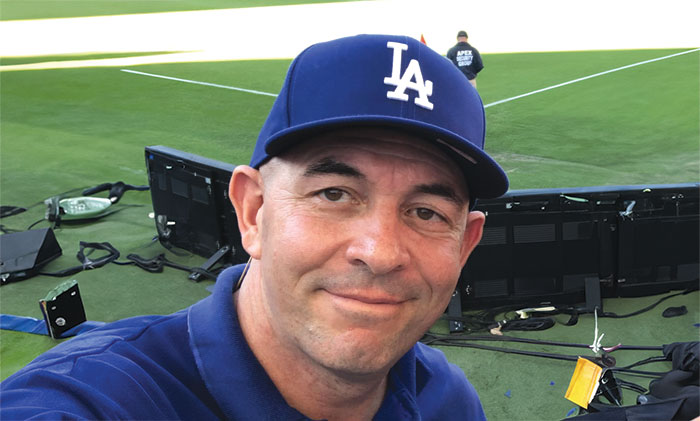I spent the past week in Israel at a meeting of Tzohar Rabbis. Tzohar is an organization of several hundred rabbis, mostly Israeli, who want to create a “window between worlds,” -between the world of religious and non-religious Jews in Israel which right now is more of a wall. Unfortunately not only has living in a Jewish country not led to residents finding a place for themselves in torah (or finding a place for torah in themselves), but it has alienated many from the torah.
It is not easy for an American, who takes freedom of religion, the right to self determine what my religious life will look like and to pursue it in a personal way, for granted, but it is hard to imagine the government making religious demands of me or regulating how my religious life must look. If it did we can imagine how that religious life would not only become subsumed within the political arena but how working on a uniquely personal relationship with God could be difficult and perhaps become beside the point.
An interesting approach to Judaism and halacha (Jewish law) emerges when one sees their Jewish responsibility and the halchic decisions they make as pertaining not only to themselves, their family and their religious community, but to the entire Jewish country, religious and not-religious, as well. Since the place in which religion meets the average secular Israeli is within life cycle events and things that define Jewish identity in the eyes of the state, Tzohar has begun with these. Instead of a wedding or funeral being, in the eyes of secular Israelis, only about the government’s requirements and the Rabbanut’s procedures, Tzohar has tried to help make life cycle events more than just bureaucratic for the public but to facilitate bringing personal religious meaning and understanding to events such as weddings and funerals.
This focus on the whole Jewish people also demands a special approach to p’sak (Jewish legal decisions). This was well summed up by a festinating statement of Rabbi Yuval Cherlow and highlighted well the difference in approach and outlook between the rabbis of Tzohar and other more insular rabbis who see only their own community as the purview of their religious decisions. The question under discussion was to what extent the utilization of lenient positions within halacha over strict positions should play a role in halachic decisions, and as related to this the meaning of the Talmud’s statement kocha d’hetera adifa (the power of leniency is stronger).
Outside of Israel rabbis may find themselves leaning toward a more lenient position when the repercussions of a more strict position will compromise the welfare of the asker or their spiritual life. For instance in a question of nida (the forbidden nature of sexual contact after menstruation and before mikvah waters) if one can be lenient and not keep husband and wife from postponing the mitzvah of sexual union, many rabbis will try to rely on a more lenient position rather than finding one that is strict.
In Israel the need to make halacha a part of the lived life of a whole country makes such lenient approaches even more pressing. For instance explained Rabbi Cherlow, if a leniency is not utilized (which apparently some rabbis are not willing to do) enabling the police to fully do their jobs on the Shabbat, for instance taking fingerprints on the Shabbat then in a Jewish country where the police are all Jews, criminals will run free.
It is not enough to tell religious Jewish police to refrain from taking fingerprints in Israel we must take into account all Jews even those that are not religious. The torah must thus be accessible to the entire Jewish nation. In this sense indeed we must say, as I’m sure Bais Hillel would agree, kocha d’hetera adifa-the power of leniency is greater.






















 More news and opinions than at a Shabbat dinner, right in your inbox.
More news and opinions than at a Shabbat dinner, right in your inbox.